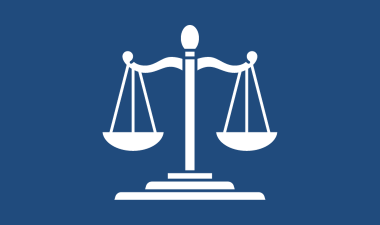Environmental Justice
Green chemistry and sustainable chemistry have the potential to reduce - and even reverse - damage to overburdened and underserved communities.
What is Environmental Justice?
Communities worldwide grapple with pollution and toxins in their spaces and their bodies, but minority and lower-income populations bear the heaviest burden of chemical exposure.
In contrast to this reality, environmental justice happens when everyone, regardless of race, color, national origin, or income, has equal protection against environmental and health risks, including climate change. It happens when everyone has fair access to the decision-making processes that create healthy living, learning, and working environments. It occurs when everyone is treated equitably in enforcing environmental regulations and when people worldwide have rights to their local natural resources (U.S. Environmental Protection Agency).
Environmental injustices shed light on harmful chemicals and processes. Chemists must know their work's ethical and social impacts and the unprecedented opportunity this field demands for interdisciplinary collaboration. Green chemistry principles provide a shift in thinking that addresses environmental issues and reduces our need to rely on systems that have historically hindered societal progress. Instead, green chemistry is a tool to work toward a more just and sustainable future.
History of Environmental Justice
To commemorate 20 years of the U.S. EPA working on environmental justice, the agency created a video series interviewing experts and advocates about the evolution of the field. In this short clip, Dr. Beverly Wright, founder and executive director of the Deep South Center for Environmental Justice, reflects on Cancer Alley, the movement's history, and the impact of education.
Additional Resources
Timeline of the Movement
Explore the U.S. EPA's timeline of the environmental justice movement.
Case Studies for the Classroom
Instructors: quickly add green chemistry & toxicology to your lectures.
Improving our Green Education
Finding Progress Today
Read "Green Chemistry as Just Chemistry," a paper from the Yale Center for Green Chemistry.
Environmental Justice in Your Community
Search for Environmental Justice resources by US region with the EPA's map.
Global Atlas of Environmental Justice
Search for Environmental Justice resources by country with the EJAtlas map.





